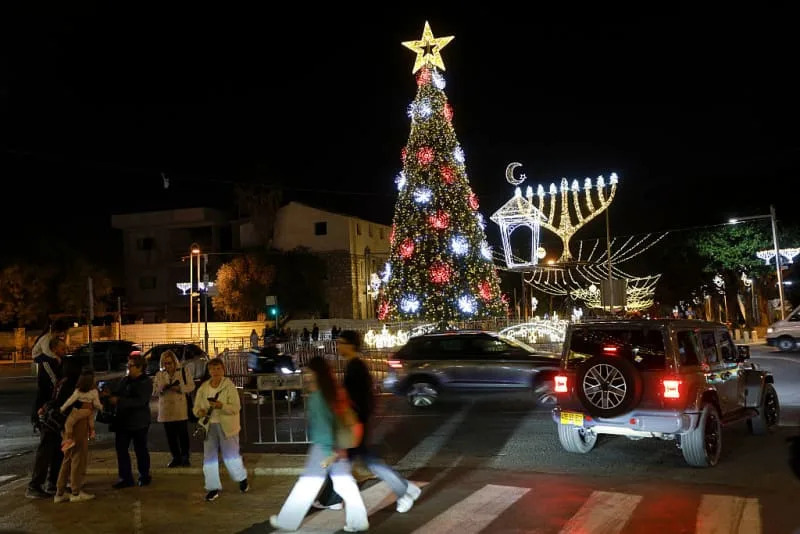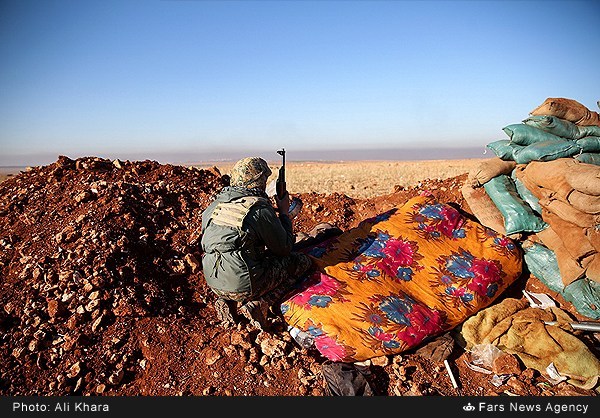Religious freedom is emerging as a crucial element in the fight against terrorism and instability, particularly in Africa. As ongoing conflicts and extremist movements threaten regional peace, experts argue that fostering an environment of religious tolerance could help prevent the rise of new caliphates and subsequent waves of violence.
The importance of religious freedom extends far beyond mere luxury; it is foundational for achieving lasting global peace. According to the United Nations, societies that embrace diverse religious beliefs tend to experience greater levels of social cohesion and harmony. In contrast, regions where religious intolerance prevails often witness increased radicalization and conflict.
Africa has been particularly affected by these dynamics. The continent has seen a surge in extremist groups, many of which exploit religious divisions to gain support and spread their ideologies. For instance, the rise of groups like Boko Haram and Al-Shabaab has been linked to a lack of religious freedom and socio-economic disenfranchisement. In this context, promoting religious freedom is not only a moral imperative but also a strategic necessity to combat terrorism.
International organizations are increasingly recognizing the role of religious freedom in fostering security. A report from the United Nations in 2023 highlighted the correlation between religious liberties and the reduction of extremist violence. The report emphasized that when individuals are allowed to practice their faith freely, it diminishes the likelihood of radicalization and violence.
Efforts to enhance religious freedom in Africa are underway, but challenges remain. Governments must actively work to create policies that protect minority religious groups and promote dialogue among different faiths. This includes addressing the root causes of extremism, such as poverty and lack of education, which often fuel religious tensions.
Moreover, communities must engage in grassroots initiatives that foster understanding and respect for diverse beliefs. Programs aimed at educating young people about religious tolerance can play a pivotal role in shaping a more peaceful future. By nurturing interfaith dialogue, societies can create a culture that values diversity rather than fearing it.
The global community has a vital role to play in supporting these efforts. By providing resources and backing to initiatives that promote religious freedom, international actors can help stabilize regions vulnerable to extremism. This support is essential to not only protect individuals’ rights but also to safeguard the broader goal of global peace.
In summary, prioritizing religious freedom in Africa could serve as a powerful tool against the resurgence of terrorism and the establishment of new extremist movements. By cultivating an inclusive environment where all faiths are respected, nations can take significant strides toward achieving stability and harmony in a world increasingly challenged by division.






